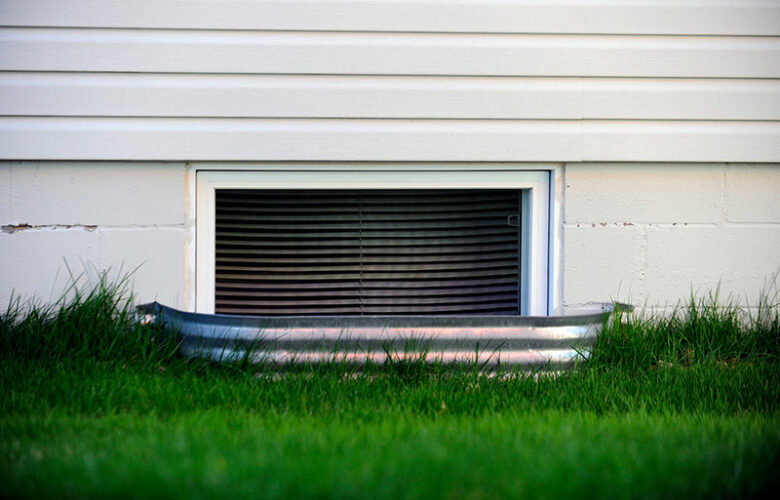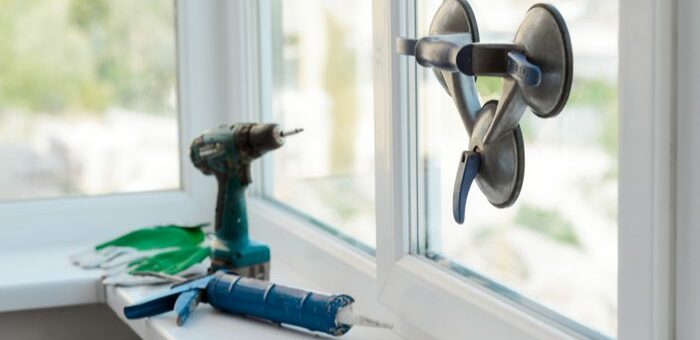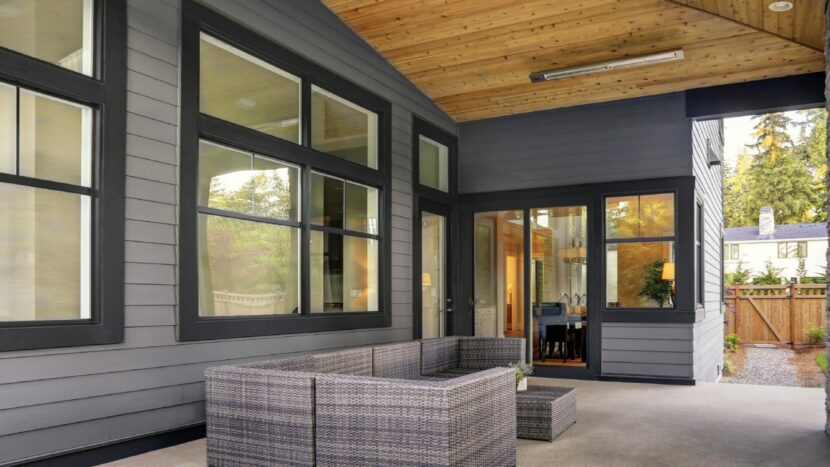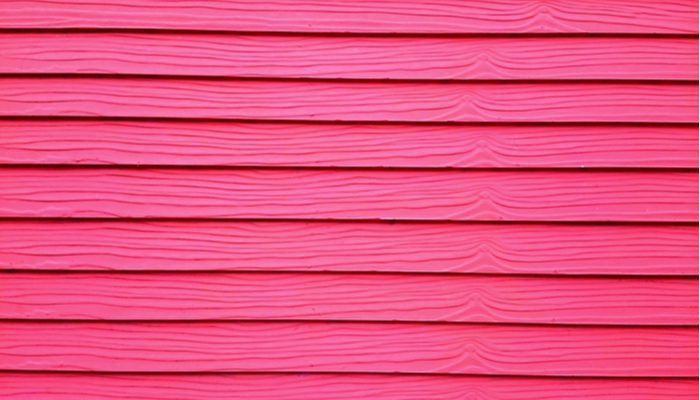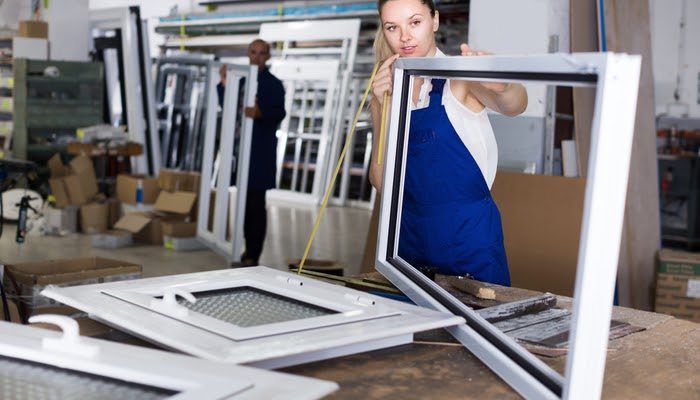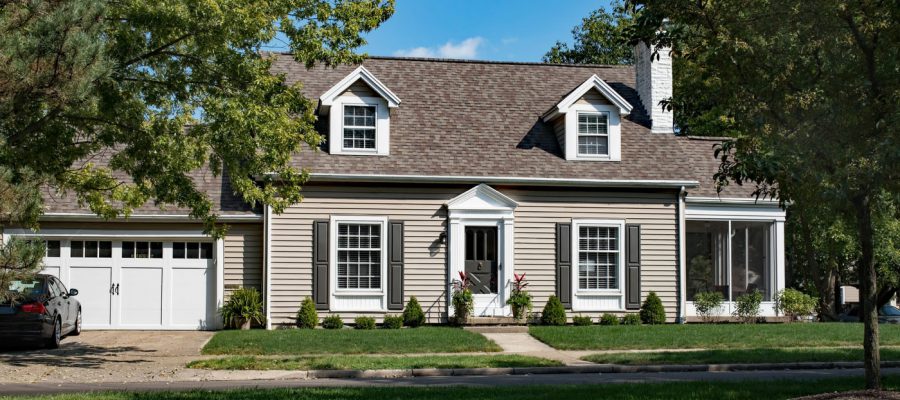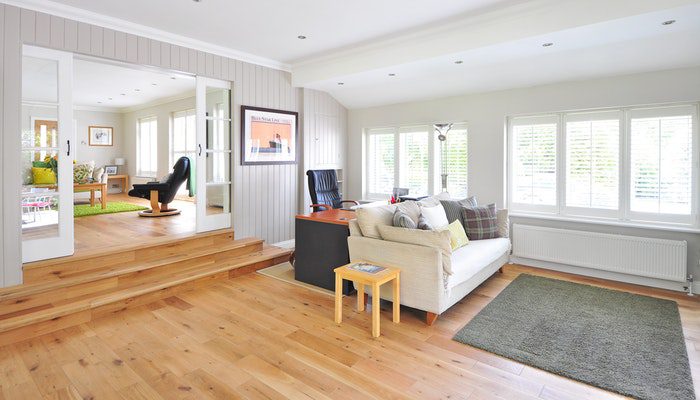5 Signs You Need New Windows

Since home improvement projects are usually expensive and time-consuming, it’s easy to put off replacing the windows until it’s absolutely obvious and necessary. But how will you know when it’s time to replace them? Read on to discover when is the best time to replace those leaky, old windows.
You Hear Outside Noise
If your windows provide little sound protection from the outdoors, they may not be sealed properly, or they were just poorly made. Getting new double- or triple-pane glass windows can help decrease outdoor noise, which is especially convenient if you live on a busy road or in a busy neighborhood.
How will you know? Take a moment to stand by your window and wait for a car to pass by. Can you hear it all the way down the street? Single-pane windows and even double-pane windows can transfer sound vibrations from the street into your home. All the noise can add up, and you can say goodbye to your peace. The best energy-efficient windows can absorb these sounds before they enter your house.
Loud neighbors and street noise can stop you from getting a good night’s sleep or just relaxing comfortably in your own home.
You Feel a Draft
Do you feel a breeze coming from your windows, even when they’re closed? There could be a number of reasons for this, including faulty seals, poor installation, and more. A drafty window can dramatically change the temperature of your home, which causes your HVAC system to work twice as much to maintain the temperature.
Another thing you need to consider with drafty windows is that your energy and heating bills will be much higher. So, not investing in a new window because it’s expensive will probably cost more in the long run. New windows are also much more energy efficient than existing ones, so you could end up saving a lot of money.
Drafts can also occur when the window doesn’t shut properly. If the window locking mechanism is not working any more, this can be the case. And don’t forget that this could become a potential security issue too.
Water Damage and Decay on Window Frames
If your window frames are chipped and soft to the touch, they are probably already beyond repair. Soft window frames indicate water infiltration and rot. If they haven’t already, they will start sagging. Check the joints and corners of the window frames. Are they rotting or coming apart? Wood frames can usually have these problems.

Since frames provide the window’s structural support, it is crucial that they are strong enough to hold the glass. Without strong frames, you may experience moisture and water damage, which could lead to mold and even health problems if left untreated.
Extreme weather and age can be harsh on your windows. In fact, they might cause enough damage that window repairs won’t cut it anymore. If your existing units have cracks, chipping, broken glass, decay, or mold, you need to replace them.
Difficulty Opening, Shutting, and Locking Windows
Windows that were not correctly installed tend to develop balance issues, making them difficult to open and close. Windows that are rotting or rusting can also be difficult to use. If your windows do not close properly, you also may not be able to lock them, which will affect the safety of your home.
Do you have to force your windows open? If you struggle to open or close windows, it’s definitely time for a replacement. This especially applies to wood windows. If you have difficulties opening a window, or if it won’t stay put, you’re missing out on enjoying energy savings or a cool breeze. The same goes for windows that won’t close. If they can’t be closed completely, the outside air will find its way in. It’s also a safety problem if you have to worry about your windows slamming shut.
Condensation Build Up Between Cracked Window Glass or Glass Layers
If you see that your windows are frosting between the layers of the glass, it means that your seals have failed and are allowing moisture between the glass panes. When the seals fail, any insulating gas that was used to make the window energy efficient is gone. Cracked glass creates additional spots for air to leak in or out.
Do you regularly see condensation or fog building up on your windows? You will have to analyze what kind of condensation you are dealing with, since not all condensation is necessarily bad. It may not be cause for concern, depending on where it is appearing on the window.
However, when you do see condensation between the two glass panes, this is a definite sign that the windows’ seals have failed, and you need to replace them before the windows get too leaky.
Condensation needs to be swiftly addressed. Sometimes, it can point to humidity issues. However, if a window is securely closed, and ice or frost starts forming on the inside, it’s a sure sign that the window is past its lifespan. Frost and ice will encourage mildew and mold to form on the window’s frame, which can lead to rot. Condensation that appears between the window panes of glass is an indication that the window is allowing outside air in. If you see interior condensation forming on the center of the window’s glass pack, it could mean that the argon gas inside your window has leaked out. When this happens, the window’s insulating properties are lost.
What’s the Importance of Replacing Windows?
If it looks like your energy bill increases each month, it’s highly probable that your windows are not functioning the way they should. Replacing your home windows with energy-efficient replacement windows can help lower your cooling and heating costs, which will help save you money each month.
Replacing your windows can also enhance the security of your home with advanced locking systems and stronger glass.
Are you thinking about installing new windows? Feel free to contact 1-800-HANSONS for a free estimate.
Get a Free Estimate Today
50% off installation. Special financing available. See details.


